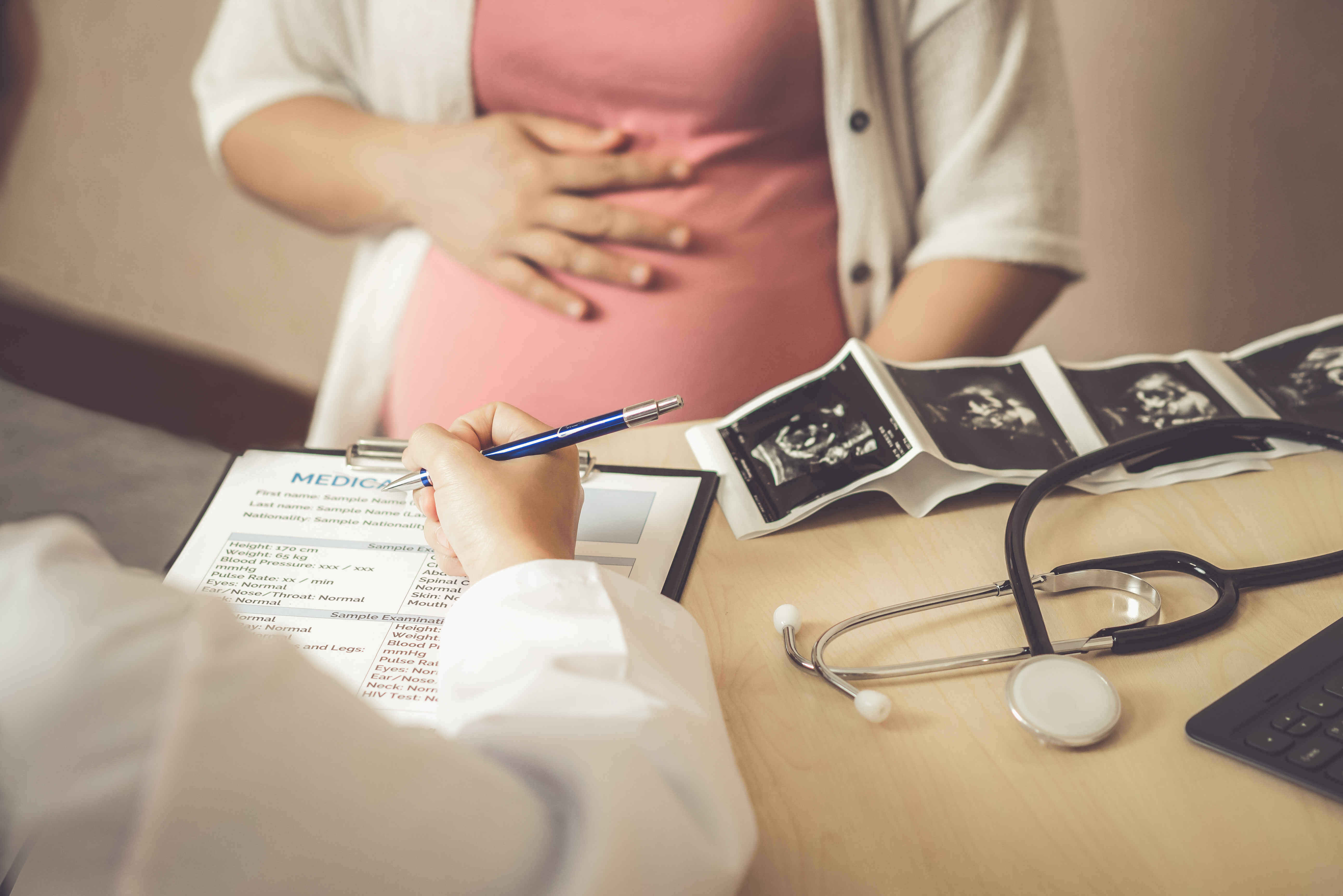
Adobe Stock

Audio By Carbonatix
Sarah Hansen is an attorney in the Texas Hill Country, a proud wife, mother and advocate for reproductive freedom for all. She has written the op-ed below regarding the possible harm that House Bill 7, authored by Collin County Rep. Jeff Leach, may inflict on Texas mothers.
As a Texan for most of my life, I know that our state is home to some of the richest history and most vibrant communities in the country. It’s also home to some of the most extreme abortion restrictions in our nation – and thanks to Gov. Abbott, things are about to get a whole lot worse.
Earlier this month, Gov. Abbott signed HB7, a new abortion ban that allows private citizens to sue anyone who “manufactures, distributes, prescribes, or provides” medication abortion pills in Texas. This law goes further than any other before it – and it means that Texas can go after out-of-state providers who mail medication to patients in our state.
When it first became clear that Republican lawmakers were going to use the special legislative session called by Gov. Abbott to jam through new attacks on abortion, my heart sank. Like so many other women across our state, all I could do was think about the trauma Texas inflicted on my own family, and how many more people would suffer.
When I learned that I was pregnant in December 2023, I was elated. With two small children at home, my husband and I were eager to give our children another sibling to love. I was thrilled that my family was growing, but I couldn’t shake the feeling that something wasn’t quite right.
My pregnancy was progressing normally, but due to previous medical history, I was referred to a Maternal Fetal Medicine specialist. To my surprise, I would have to wait more than two months for an appointment with a specialist.
In the meantime, we learned that I was pregnant with another baby girl, and began floating names for our new daughter. We landed on Jacqueline and fell more in love with our sweet girl with every passing day.
Then, my world turned upside down.
At about 20 weeks pregnant, my daughter, Jacqueline, was diagnosed with several severe fetal abnormalities. I had been right all along – something was wrong with my baby, but I could have never imagined just how grave the situation really was.
Doctors told me that some of Jacqueline’s vital organs were developing outside of her body, and she would likely never walk, control her bladder, or shower independently due to Myelomeningocele, a severe form of spina bifida. Hydrocephalus meant Jacqueline would also face difficulties eating, speaking, and seeing. Jacqueline also suffered from a transverse limb malformation and the lower bones of her left leg were missing.
With just one abnormality, Jacqueline could have lived an almost normal life. With all four, it was highly unlikely that I would be able to give birth to Jacqueline while she was alive. I sat in stunned silence for a while, then I asked through tears, “What do I do now?”
Somehow, I was still only at the beginning of this painful journey. Jacqueline’s prognosis didn’t matter under Texas law – my doctors could not help me. At one of the lowest points in my life, I was forced to flee my home state for care.
The next few days are blurry. I scrambled to coordinate childcare, notified my job that I’d be taking leave, and was able to schedule appointments in another state. I paid out-of-pocket for everything — flights, hotels, transportation, and care — because my insurance would not cover abortion care due to Texas law.
The procedure took place over the course of two days, and I was prescribed mifepristone to help prepare my body for the operation. The same medication that Gov. Abbott and Republican lawmakers across the country are working to ban was an essential part of the medical care I received in my most vulnerable moment. Politicizing medical care isn’t just dangerous – it’s despicable.
Of course, I was heartbroken when I finally returned home, but I was also angry. I felt betrayed by my state. My family was forced to endure extreme trauma, and on the other side of this experience, I faced shame and stigma.
Eventually, I shared that we lost our daughter. It was a simple post, saying Jacqueline was healed. It felt like a lie because I was only telling part of the story. I had so much more I wanted to say. I wanted to scream from the rooftops every moment of every day. I was devastated. I was broken. I was also terrified: terrified that someone would report us for seeking care and my family would be prosecuted, terrified that my living children would die, terrified that my body would continue to betray me, and terrified for the future.
Sharing my story is painful, but the stakes couldn’t be higher for women and families right now. I have to tell the truth about what happened to us.
There isn’t a single day that I don’t think about Jacqueline, about the life we wanted for her, and how much I miss her. I want every single person who reads this – especially the lawmakers trying to roll back our rights even further – to remember her too. Remember my daughter and how governmental overreach upends the lives of real people. If Jacqueline were your daughter, you’d want change, too. It’s time to use our voices and stand up for the ability to make our own decisions about our bodies and our families.